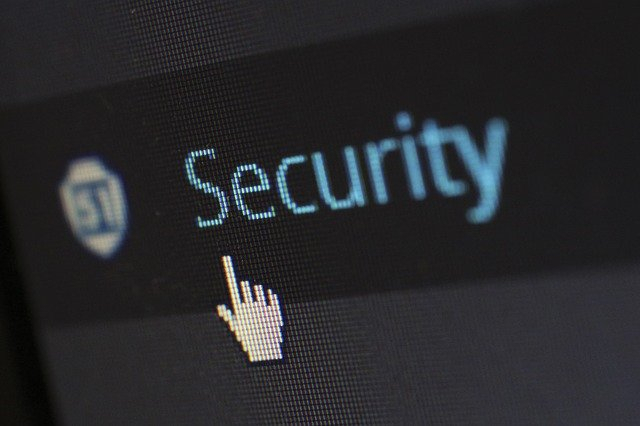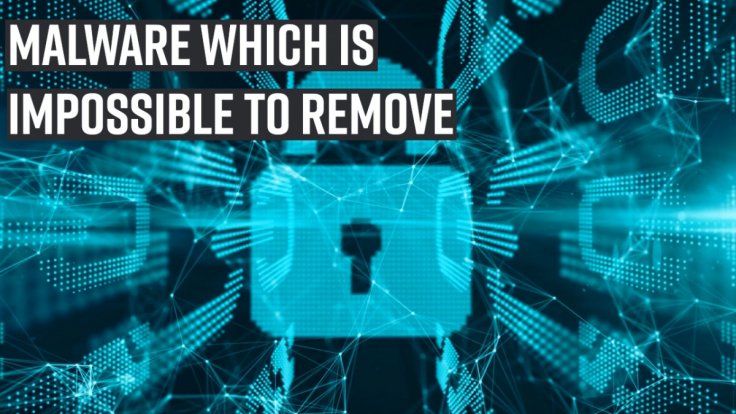A U.S. Securities and Exchange Commission investigation into the SolarWinds Russian hacking operation has dozens of corporate executives fearful information unearthed in the expanding probe will expose them to liability, according to six people familiar with the inquiry.
The SEC is asking companies to turn over records into "any other" data breach or ransomware attack dating back to October 2019 if they downloaded a bugged network-management software update from SolarWinds Corp, which delivers products used across corporate America, according to details of the letters shared with Reuters.
Rare Insight
People familiar with the inquiry say the requests may reveal numerous unreported cyber incidents unrelated to the Russian espionage campaign, giving the SEC a rare level of insight into previously unknown incidents that the companies likely never intended to disclose.

"I've never seen anything like this," said a consultant who works with dozens of publicly traded companies that recently received the request. "What companies are concerned about is they don't know how the SEC will use this information. And most companies have had unreported breaches since then." The consultant spoke on condition of anonymity to discuss his experience.
An SEC official said the request's intent was to find other breaches relevant to the SolarWinds incident.
Companies not to be Penalized
The SEC told companies they would not be penalized if they shared data about the SolarWinds hack voluntarily, but did not offer that amnesty for other compromises.
Cyberattacks have grown in both frequency and impact, prompting deep concern in the White House over the last year. U.S. officials have faulted companies for failing to disclose such events, arguing that it conceals the extent of the problem from shareholders, policymakers and law enforcement looking for the worst offenders.

People familiar with the SEC investigation told Reuters the letters went to hundreds of companies, including many in the technology, finance and energy sectors, thought to be potentially affected by the SolarWinds attacks. That number exceeds the 100 that the Department of Homeland Security said had downloaded the bad SolarWinds software and then had it exploited.
Since last year, only about two dozen firms have been publicly identified as impacted, including Microsoft Corp, Cisco Systems, FireEye Inc and Intel Corp. Of those contacted for this story only Cisco confirmed receiving the SEC letter. A Cisco spokesperson said it has responded to the SEC's request.
Cybersecurity research has also suggested software maker Qualys Inc and oil energy company Chevron Corp were among those targeted in the Russian cyber operation. Both declined to comment on the SEC investigation.
About 18,000 clients of SolarWinds downloaded a hacked version of its software, which the cyber criminals manipulated for potential future access. Yet only a small subset of those customers saw follow-on hacking activity, suggesting the attackers infected far more companies than they ultimately victimized.
The SEC sent letters last month to companies believed to have been affected, following an initial round sent in June, according to six sources who have seen the letters.
The second wave of requests were addressed to recipients at companies from the first round who had not responded. The exact number of recipients is unclear.
Guidance Issued a Decade Ago
The current probe is "unprecedented" in terms of the lack of clarity over the SEC's goal in such a large sweep, said Jina Choi, a partner at Morrison & Foerster LLP and former SEC director who has worked on cybersecurity cases.
Though the SEC issued guidance a decade ago calling for companies to disclose hacks that could be material, then updated that guidance in 2018, most admissions have been vague.
Gary Gensler, who took the helm at the SEC in April, has tasked the agency with issuing new disclosure requirements ranging from cybersecurity to climate risk.
While the hack was first reported by Reuters more than nine months ago, the actual impact of the wide-scale digital spying operation, which U.S. officials say came from a Russian intelligence service, remains largely unknown.

Government officials have shied away from sharing a comprehensive account of what was stolen or what the Russians were after, but described it as traditional government espionage.
Scores of companies have referred to the hacks in SEC filings, but many cite the events only as an example of the sort of intrusion they might one day experience. Most that say they had SolarWinds software installed add that they do not believe their most sensitive data was taken.
John Reed Stark, former head of the SEC's office of internet enforcement, said "companies will struggle to answer these questions – not just because these are broad, sweeping and all-encompassing requests, but also because the SEC is bound to discover some sort of mistake" in what they've previously disclosed.









